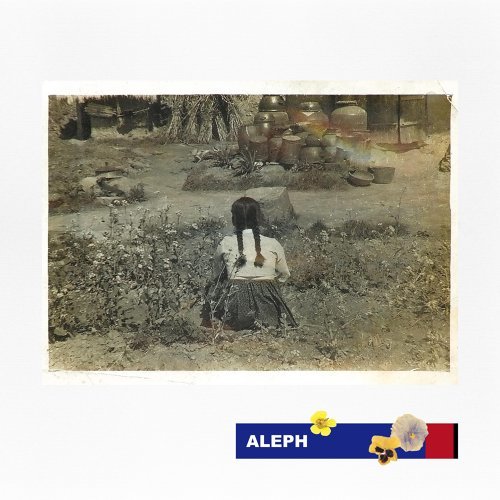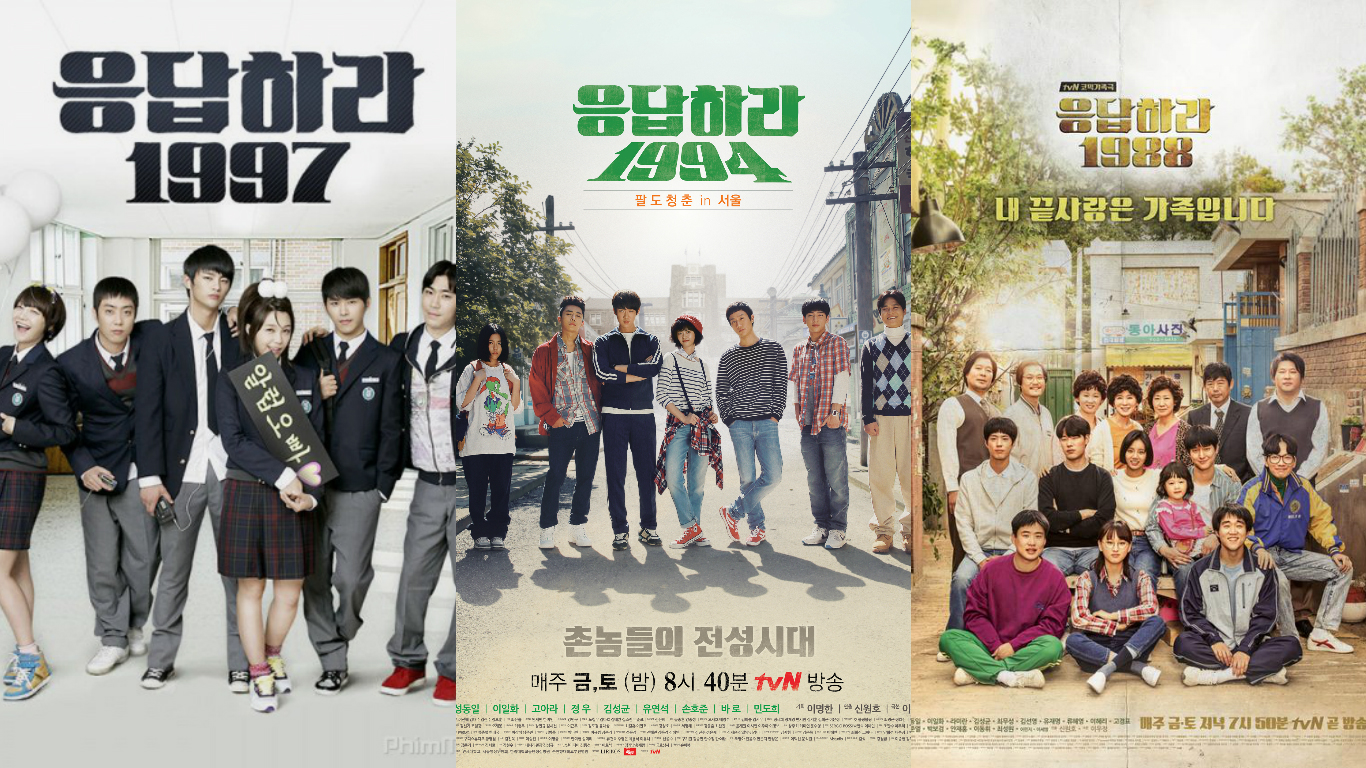No products in the basket.


The Korean indie singer-songwriter ALEPH recently released his new EP ‘Forest of Tigers’. 2020 was a rather busy year for ALEPH musically. He released two EPs and one single album. The singles kept surprising us with his fresh take on genre.
The word ALEPH comes from the Hebrew word for 1. “I came up with the name since I’m the first-born in my family. I didn’t plan on using it as a stage name at first, I only really used it as my middle name while I was studying in Pennsylvania in the US, because I thought it was cool to have a middle name. When I came back to Korea, I had to come up with a stage name so I went with something I was familiar with.”
Forest of Memories
ALEPH’s new EP ‘Forest of Tigers’ has six songs, including the instrumental intro ‘One Snowy Night’. “The intro was actually the last song we created. The producer and I felt that an intro would make the album flow better. So we took the melody of ‘Baekdusan’ and wrote a piano intro from that.”
The single ‘Baekdusan’ is actually a reference to Mt. Baekdu in North Korea. “The song is about the separated families after the nation was split into North and South Korea. I wished for their reunion.”
ALEPH wrote that the theme of the album is all about time, memory and understanding. “I think time makes memory and the memory brings understanding of things like relationships. Memories are the only thing I can carry with me when I die. So I thought it was crucial to stress the importance of it.”
The answer to all the questions about the theme is apparent in track five ‘Flashback’. “I wouldn’t have changed my perception of time and memory even if I knew something I didn’t know back then.”
Storytelling
“The track ‘The Guardian’ is my favorite song of the EP. It also has my favorite lyric: ‘It is nothing, it is easier to be hated than to be loved. But if I try this a thousand times, what kind of person will I become?’.
For ALEPH ‘The Guardian’ is why ‘Forest of Tigers’ has a bigger storytelling focus than other releases. “As soon as I finished writing the song, I knew it was candid and pure. I was moved by my own song and the message of it fully penetrated my own heart.”
The track is all about questions on who you are as a person and where you want to be. “In the back of my mind, I thought, I really want to care for others but I faced situations where I needed more than just love in order to be able to do that. You try to become a better person, but the more you try, the more you feel isolated.”
Album Art
ALEPH is the one who created the album cover for ‘Forest of Tigers’. The young girl with the braids in the photo is his grandmother. “The photo was taken somewhere in the 1960s. I found the picture in one of her albums and I liked the nostalgic mood it creates. I thought it’d be a good representation of the overall theme.”
If you check out ALEPH’s Instagram, you might notice all of the terrific art he shares there too. “I love posting works, usually paintings of other artists. It helps me remember what paintings I liked and it helps me remember the artist’s name. My fans seem to enjoy it as well.”


‘Fall in love again’
His debut track ‘Fall in love again’ came out almost four years ago. The track got a lot of buzz after J-Hope and Jungkook from BTS shared the track on their Twitter account. I asked how he thinks that his music has evolved since then. “It’s a lot easier. I know better how to express what I want and what kind of melodies I’ll need in order to write it. I’ve already learned a lot and I’m still in the process of learning. Also my voice sounds a lot healthier.”
ALEPH is fluent in three languages. He can speak Korean, English and Chinese. So far he’s only written songs in two languages. “There’s a difference between writing lyrics in Korean and in English. The image of a word is pictured differently. Sometimes I think of a certain mood and decide which language fits it better. ‘Mild Jazzbox’ is completely in English because I thought mixing the two would discourage people from understanding its message. It also helps the music to flow better. The tone and pronunciation are crucial.”
He has considered writing in Chinese as well. ALEPH lived there for seven years. “I think there are advantages to the tone of the Chinese language, but it’s also quite hard. I feel like my skill of conveying and depicting stories in Chinese is much lower than in the other two languages. I’ll have to try more.”
2020 – 2021
“I released an album on Spotify every three months in 2020 and I want to continue that workflow this year too. COVID definitely made it easier to focus on the music because it blocked me from hanging out with friends, visiting places and spending money on shopping. I really had no other choice than to go to the studio and make music.”
For the year 2021 ALEPH has some exciting things planned. “I am planning on releasing albums that are a little off track from my usual taste of music. I’m going to try different genres to expand my boundaries. I think it’ll be helpful for the future.”
“I just really want to release music as much as I can. As long as I can do music, express my feelings that way and live off that alone, that would be my biggest accomplishment.”
What’s your reaction?
Love1
Sad0
Happy1
Angry0
Wink0
- Pingback: Weekly K-Indie Report - thekmeal
- Pingback: ALEPH (알레프) – Baekdusan (호랑이의 숲) Lyrics – Lyrics Repository
- Pingback: Weekly K-Indie Report - thekmeal
- Pingback: Weekly K-Indie Report - thekmeal
- Pingback: Weekly K-Indie Report - thekmeal











5 Comments